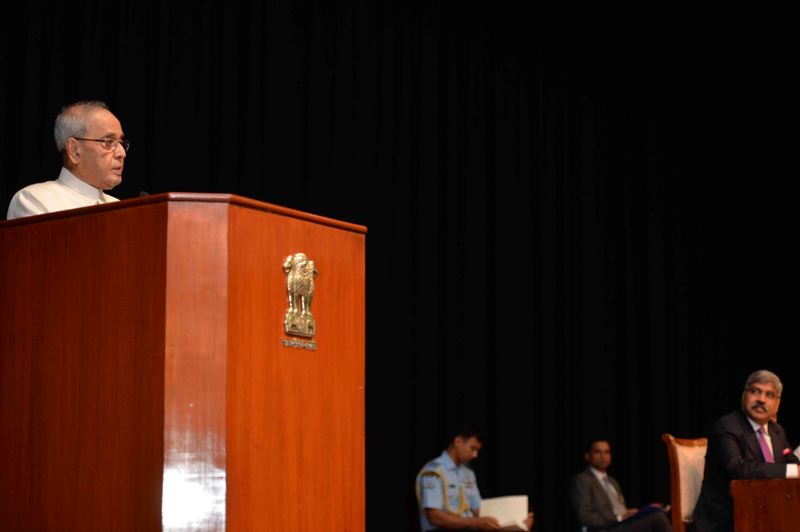
1.It is a great privilege for me to receive the first copy of the book titled "Indian Family Business Mantras” which has been co-authored by Mr. Peter Leach and Mr. Tatwamasi Dixit. I appreciate their sincere attempt to educate and empower the community at large on how Indian family businesses function. I would like to express my gratitude to the authors for handing over the first copy of the book to me.
2.Family and business have been interconnected since time immemorial. While family is one of the oldest surviving social systems, family business is the oldest surviving economic system. Business history is witness to the fact that most countries have family businesses playing significant roles in the development of the economies in their respective countries.
3.Historically in India, the business community primarily consisted of traders. Indian business men have gradually transitioned from the traders’ activities and traders’ identity to manufacturers and various other value added business houses. The trade has evolved over centuries, but the concept of ‘family business’ has remained intact. Interestingly, even today family business contributes to 60-70% of the GDP of our country and 40-50% of the employment.
4.In this book "Indian Family Business Mantras’ the authors have explicitly detailed the nuances in the life cycle of a family business. The real life examples given in the book, offers meaningful insights into business families on managing themselves effectively, dealing with conflicts and challenges as a family and the strategic value of staying together as a member of the business family. It weaves the Indian philosophy with the western context to bring out a whole new dimension to managing the family business.
5.The Indian industry is largely dominated by family businesses. Family businesses have always been a matter of great curiosity as they are distinctively different from non-family businesses in their entrepreneurial, managerial and organizational structures, behaviors and styles, though they possess the fundamental qualities of growth which are inclusiveness, resilience, and sustainability.
6.Whether in India or elsewhere, there are no general remedies: every family business is unique, shaped by its own set of distinctive personalities, their concerns, objectives and relationships, as well as by a host of other personal and commercial characteristics.
7.This book captures the essence of the Indian Family Business beautifully. I wish the authors the best of luck in their future endeavors.
Thank you once again.
Jai Hind
